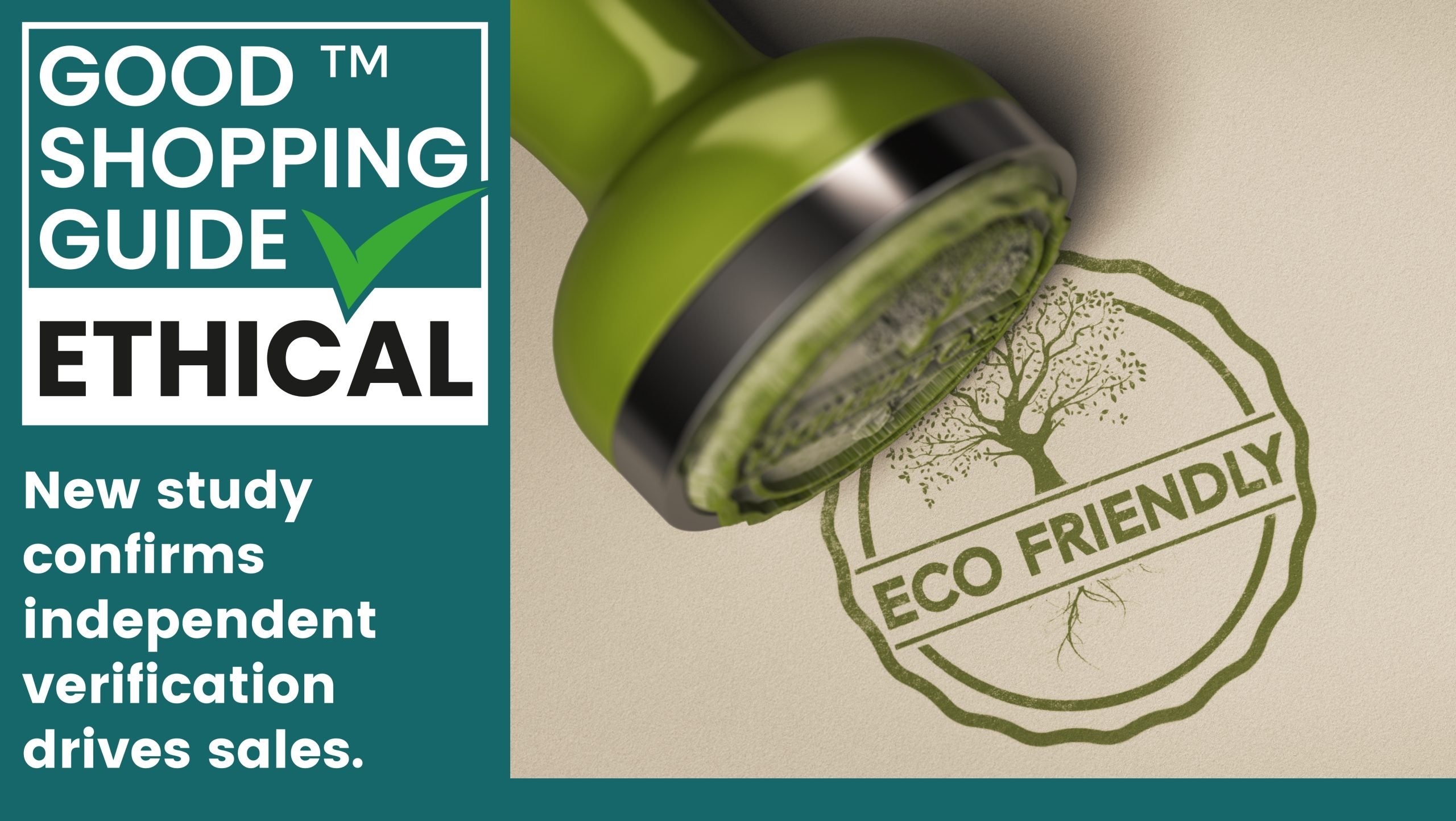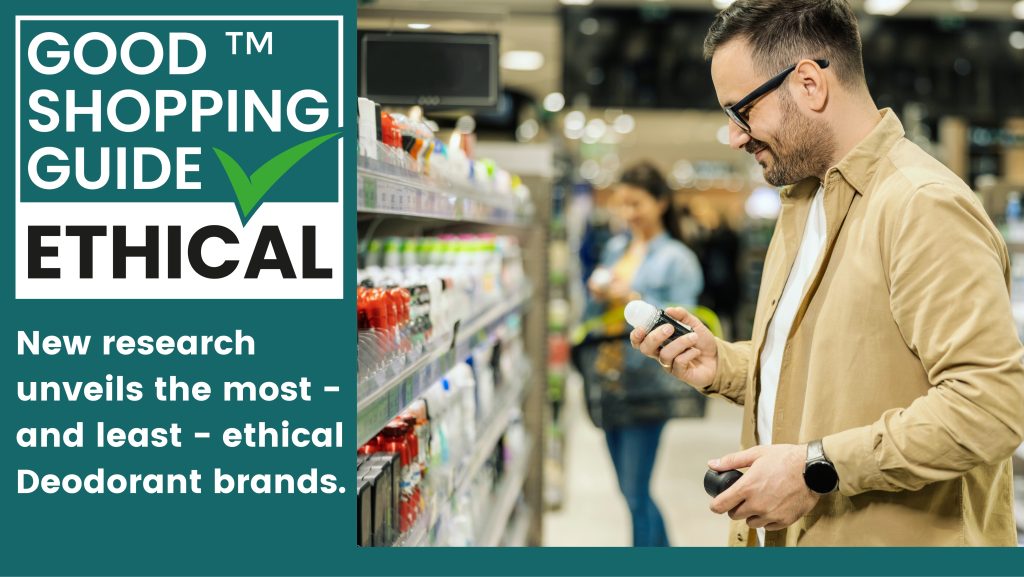Harvard Business: Effectiveness of 3rd-Party Accreditation

New study confirms importance of third-party verification
If your business is investing time and resources into improving its ethical standards, that effort deserves recognition and visibility. A new study from Harvard Business Review confirms what many conscious businesses and consumers have long believed: products labelled as sustainable sell better.
The research found that simply adding a visible, trustworthy sustainability label increased demand by 13-14% over the following eight weeks. And this wasn’t just a temporary spike. The uplift remained even after controlling for variables like pricing and advertising spend.
One of the most powerful insights? Shoppers don’t always seek out ethical products intentionally, but when a clear and credible label is present, it influences buying decisions, even on impulse. In a crowded market, this small visual cue can give ethically certified brands a competitive edge.
Not all labels are created equal
But here’s the catch: not all labels are created equal. Generic claims like “natural,” “green,” or “eco-friendly” may attract attention, but without third-party verification, they offer little real value. Worse, they can be perceived as greenwashing, damaging trust.
That’s exactly where The GOOD Shopping Guide comes in. Our Ethical Accreditation gives brands a way to prove their values, not just promote them. Through independent research, we assess companies across up to 35 key areas, including environmental impact, human rights, animal welfare, and corporate transparency. Our Ethical Comparison Tables make it easy for consumers to see how brands measure up – and our Ethical Accreditation mark signals that a business has met the highest standards.
Unlike self-declared sustainability claims, our accreditation is evidence-based, rigorous, and fully transparent. When consumers see the mark, they know they can trust it and the brand behind it.
Signal your brands values clearly to customers
As the Harvard study shows, credible sustainability credentials not only build trust, they drive growth. So if your business is doing the right thing, make sure your customers know. Independent verification isn’t just about compliance. It’s a sales driver. And more importantly, it’s a symbol of accountability in a market that’s ready to reward it.
Share
Related articles

How do Consumers find Brands that are GOOD for the Planet?
Independent research helps consumers identify ethical brands they can trust without guesswork or greenwashing concerns.

Which is the Most Ethical & Sustainable Deodorant Brand?
Explore how 28 leading deodorant brands perform on ethics and sustainability, from packaging impact to refillable innovations.

A Bite of Kindness: The Biskery achieves Ethical Accreditation
Discover how The Biskery sets new ethical standards in sustainable, personalised biscuit gifting.